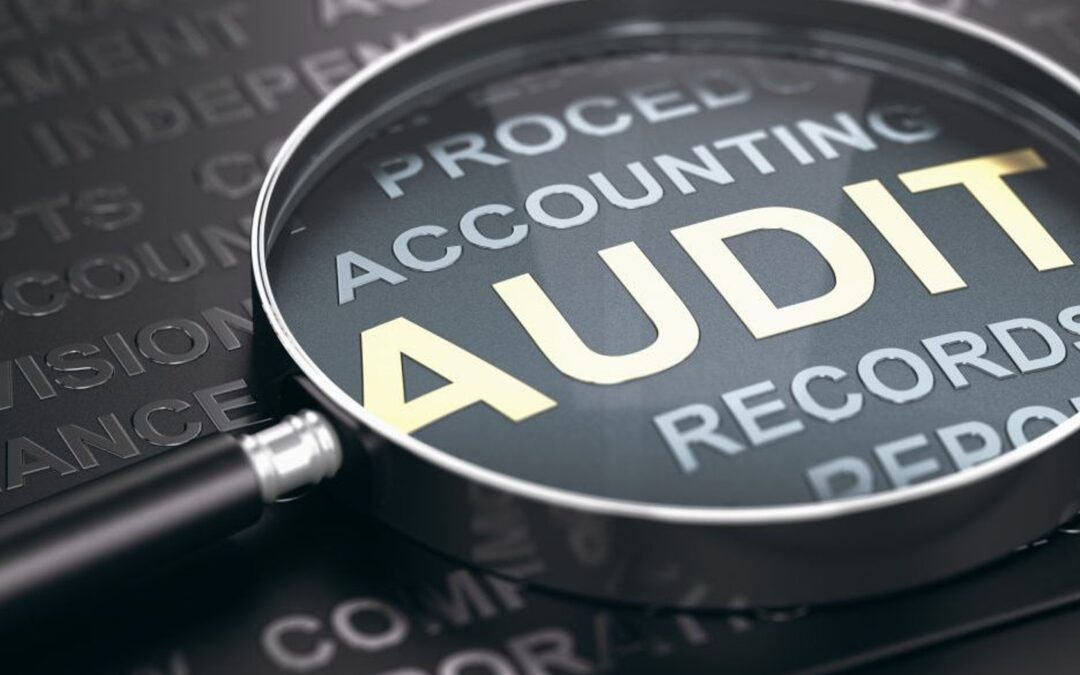While a thorough evidence room audit will examine its operations, systems, and security, in most instances, the first benefit that comes to mind is ensuring the inventory is appropriately maintained and accounted for. It’s what police property and evidence rooms do. Regular audits of evidence rooms can uncover discrepancies in inventory management so personnel can correct them, maintaining the integrity of the evidence within the facility and for its use in court. This piece spotlights evidence inventories and how regular audits help law enforcement with their management.
1. CHAIN OF CUSTODY
Establishing and preserving an unbroken chain of custody record for every piece of evidence in law enforcement’s possession is vital. That chain can be long. From the moment it’s collected and packaged, who handles it, when they handle it, its movement, any analysis, to short or long-term storage locations, all must be documented in order of occurrence. There can be no breaks or gaps in the record. This documentation maintains its admissibility in court and allows for easy retrieval when the time comes.
When focusing on chain of custody, auditors inspect individual pieces of evidence, ensuring their locations match evidence room records. They also ensure chain of custody documentation is present and indicates an unbroken record up to that point. These inspections identify any issues in the chain of custody so they can be promptly investigated and corrected.
2. INVENTORY DISCREPANCIES
Police property and evidence rooms are not static locations. They can be busy places. Personnel complete many tasks while adhering to complex operational standards and their required documentation. Evidence management is a tall task in any evidence room, but clerical errors and misplacement of items can happen, especially in facilities where items are coming and going constantly.
Audits identify misplaced or incorrectly documented items. Auditors access the agency’s logs and cross-check the evidence by physical inspection, ensuring the evidence is stored as indicated. Auditors also look to see if it is appropriately labeled and stored. Except for an item stored in an improper environment – which could cause it to degrade – most discrepancies do not negatively affect the evidence’s admissibility at trial if addressed promptly. Regular audits will uncover issues in evidence room inventories and, in most cases, will demonstrate that police evidence room personnel maintain their inventory by adhering to the standards and best practices that govern it.
3. ACCOUNTABILITY
Transparency and accountability are both crucial in modern law enforcement operations. Considering its impact on criminal case proceedings and justice for those involved, property and evidence rooms are held to the highest standards in their operations. Regular evidence room audits demonstrate that an agency understands the weight of its obligations to the public. The audit process is a means to hold itself accountable and be transparent in the community.
Many police agencies utilize outside organizations that employ evidence management experts to conduct audits of their facilities. These experts take a “top-to-bottom” approach, thoroughly examining the functionality of evidence room systems, their security, policies and procedures, physical plant, documentation, inventories, and compliance with the laws and standards of evidence management. While not precluding internal audits, bringing in an outside organization demonstrates the highest level of accountability and transparency for assigned personnel and evidence room operations.
SUMMARY
Regular evidence room audits should be a standard operating procedure for law enforcement agencies. Maintaining accurate inventories in compliance with all the internal and external standards ensures evidence integrity and prevents challenges to its admissibility in court. Audits examine chain of custody, uncover anomalies in the documentation, handling, and storage of evidence, and serve to hold the agency accountable for its inventory functions. Finding discrepancies in inventory management allows the agency to rectify the problem at that time. And using outside experts to conduct audits adds another layer of credibility and transparency to the auditing process.
FORTRESS PLUS SOLUTIONS
Fortress Plus Solutions provides safe, secure, documented transportation, handling, and storage of evidence and property for the long term. If your items require special storage conditions – we provide that. In addition, we offer evidence room audits to help law enforcement maintain best practices and accurate and up-to-date inventory records. In our blog, we post informative articles about privatized long-term storage and the auditing process. To learn more about our services, click here.

